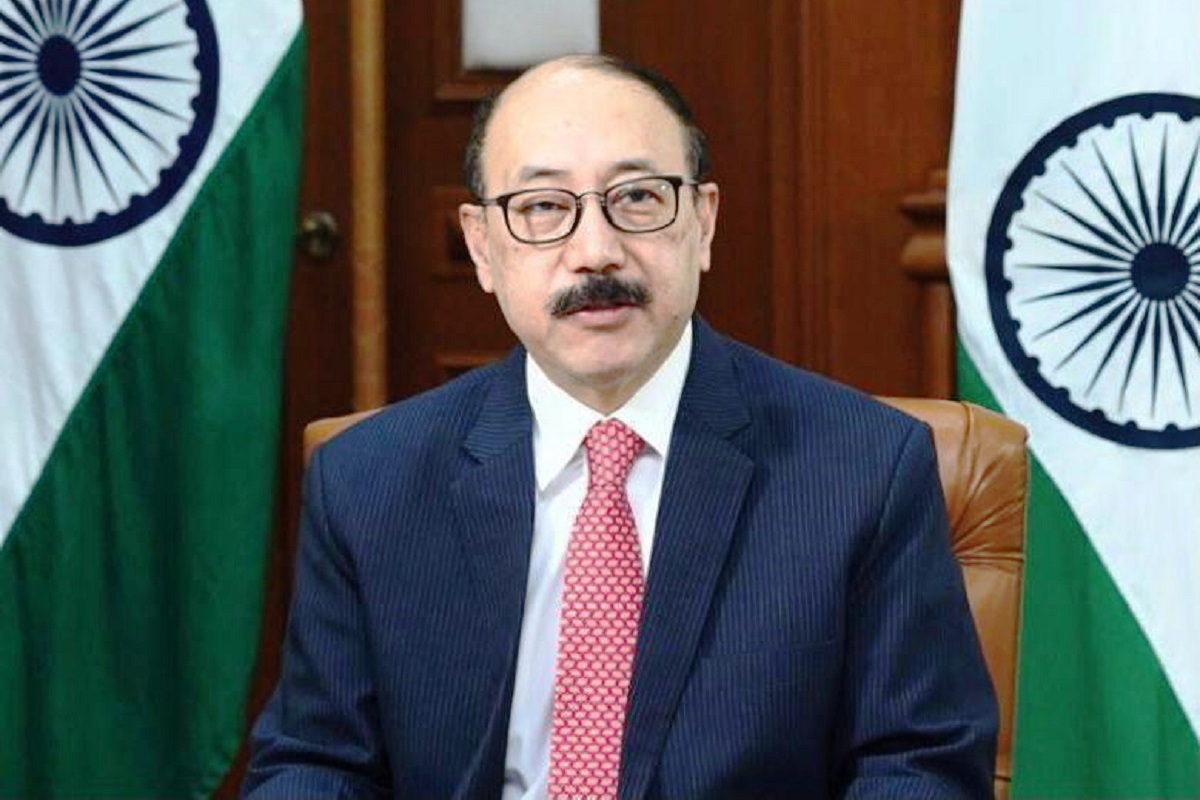India today squarely blamed China for the continuing military stand-off at Eastern Ladakh and firmly told Beijing that the development of bilateral relationship can only be based on ‘three mutuals’- mutual respect, mutual sensitivity and mutual interests.
”Chinese attempts over the last year to unilaterally alter the status quo in Ladakh have seriously disturbed peace and tranquility in the border areas. These acts are in violation of our bilateral agreements and have inevitably impacted other aspects of the bilateral relationship,” Foreign Secretary Harsh Vardhan Shringla said at the 6th JP Morgan ”India Investor Summit’.
Advertisement
He said India has made it clear to the Chinese side that peace and tranquility in border areas was essential for development of bilateral ties. ”Chinese attempts over the last year to unilaterally alter the status quo in Ladakh have seriously disturbed peace and tranquility in the border areas. These acts are in violation of our bilateral agreements and have inevitably impacted other aspects of the bilateral relationship,” he added.
Shringla noted that an essential basis for the largely positive trajectory of India-China relations during the last 40 years has been the agreement between the two countries to ensure peace and tranquility in the border areas.
He said the rise of China has geotechnical, geo-economic and geopolitical consequences. The unipolar moment that arose after the fall of the Berlin Wall and the end of the Cold War has waned.
Referring to the developments in Afghanistan in the wake of its takeover by the Taliban, he said India, as an immediate neighbour, was concerned about the recent changes there and their implications for India and the region. ”Our immediate focus in the last few weeks has been on the evacuation of Indian nationals from Afghanistan. Most Indian nationals have been able to leave Kabul in August. A number of Afghans, including minorities, who wanted to travel to India, have also been able to do so. However, this process could not be completed due to the security situation at the airport. Resumption of flights from Kabul airport is, therefore, a priority. We are closely monitoring the unfolding situation,” he added.
On resolution 2593 adopted by the UN Security Council recently, the Indian diplomat noted that it had unequivocally demanded that Afghan territory should not be used for sheltering, training, planning or financing terrorist acts; and specifically referred to terrorist individuals proscribed by the UN Security Council, including the Lashkar-e-Tayyiba and the Jaish-e-Mohammad.
India was also monitoring developments related to the humanitarian needs of Afghanistan. In UNDP’s assessment, there was an imminent threat of poverty levels rising in Afghanistan. There was also a threat of an imminent drought and a food security crisis. ”It is important for the humanitarian assistance providers to be given unrestricted and direct access to Afghanistan. It is also important that the distribution of humanitarian assistance be done in a non-discriminatory manner to all sections of the Afghan society,” Shringla added. He made it clear that India’s friendship with the Afghan people would continue to guide its approach in the future.











